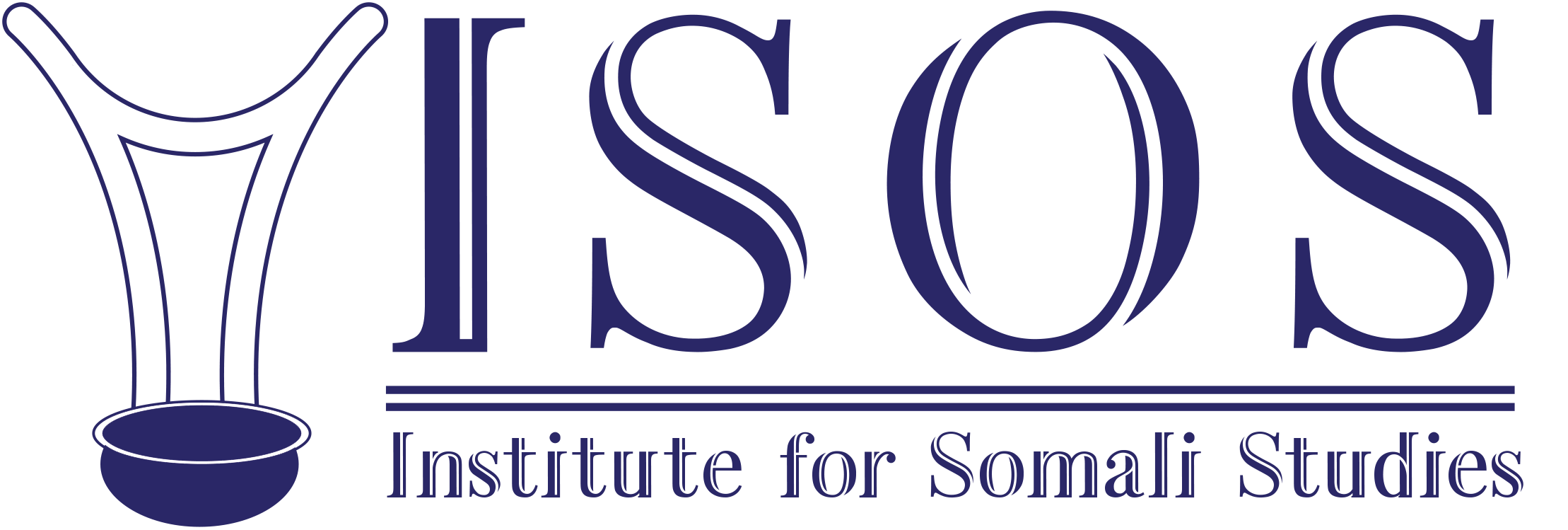Abstract
This paper examines how sustained public management reform impacts on quality of public service delivery in Somalia. It adopted a desk research methodology, which involves reviewing existing literature and collecting data from existing resources to study the research topic.
The paper argues that the public administration in Somalia has been disrupted, which prevents Somalia from making significant progress in providing public services. It recommends several measurements for
reformation to contribute to the quality of public service delivery and economic growth and development in Somalia.
The paper aims to guide public institutions, civil societies, policymakers, and international organizations interested in reforming public management in Somalia to achieve the quality of public service and respond to the needs of the society.
Keywords:
Public management reform, service delivery, Public management effectiveness, Mogadishu University, ISOS,

